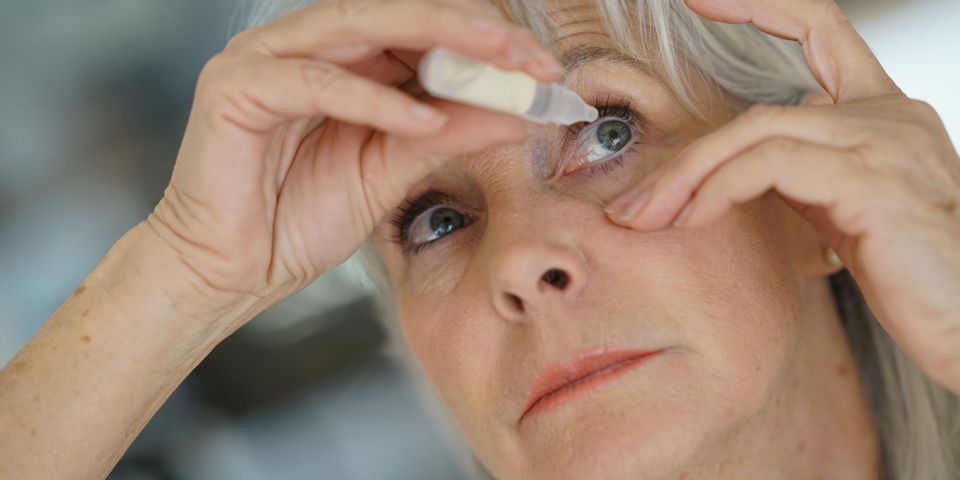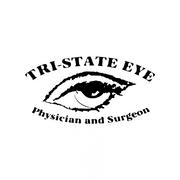
Cataract surgery leaves your eyes in a sensitive state, and it’s important that you follow proper aftercare to recover. Poor care could lead to infections, slower recovery, and even vision issues. Below are key do’s and don’ts to ensure the swiftest recovery and best outcome.
Do:
Use prescribed eye drops or medication.
Your surgeon will likely prescribe eye drops or medication to prevent infection following cataract surgery. These can also reduce inflammation and discomfort. Stick to your doctor’s instructions. They may also provide medication or inject it directly into the eye following surgery.
Cover your eyes while you sleep.
 Being mindful about rubbing your eyes is easy during the day. When you sleep, however, you can’t predict what will happen. It’s best to wear a protective shield while napping or at night. This will prevent you from accidentally rubbing your eyes or applying too much pressure if you roll over on your pillow.
Being mindful about rubbing your eyes is easy during the day. When you sleep, however, you can’t predict what will happen. It’s best to wear a protective shield while napping or at night. This will prevent you from accidentally rubbing your eyes or applying too much pressure if you roll over on your pillow.
Protective shields will also guard against bacteria and other substances that may be living on your pillow and bedding.
Don’t:
Dive back into strenuous activities.
As with any surgery, it’s best to rest for a few weeks. The strain from working out can put too much stress on your eye and cause the implant lens to move. Forehead sweat may also introduce dirt and bacteria. If you work on construction sites or in areas with a lot of airborne particles, wait until your eye doctor says it’s safe to return to work.
Drive for 24 hours.
Your vision won’t return to normal right away and you will still be under the effects of sedation, so avoid driving for at least 24 hours. The recovery period can be longer based on the patient. To ensure safe travel, have a friend pick you up following surgery. If you need to travel after, have a dedicated ride.
Eye conditions drastically impact your quality of life, so turn to Tri-State Eye if you’re living with problems. Serving the Tri-State Area from their Middletown and Milford, NY, locations, this practice handles a variety of eye care services. They offer cataract surgery, glaucoma treatment, and other procedures for eye diseases and advanced conditions. Their team can also help you manage vision loss, which you can explore further on their website. Call (845) 703-2020 or (570) 296-9696 to schedule an eye exam.
About the Business
Have a question? Ask the experts!
Send your question

